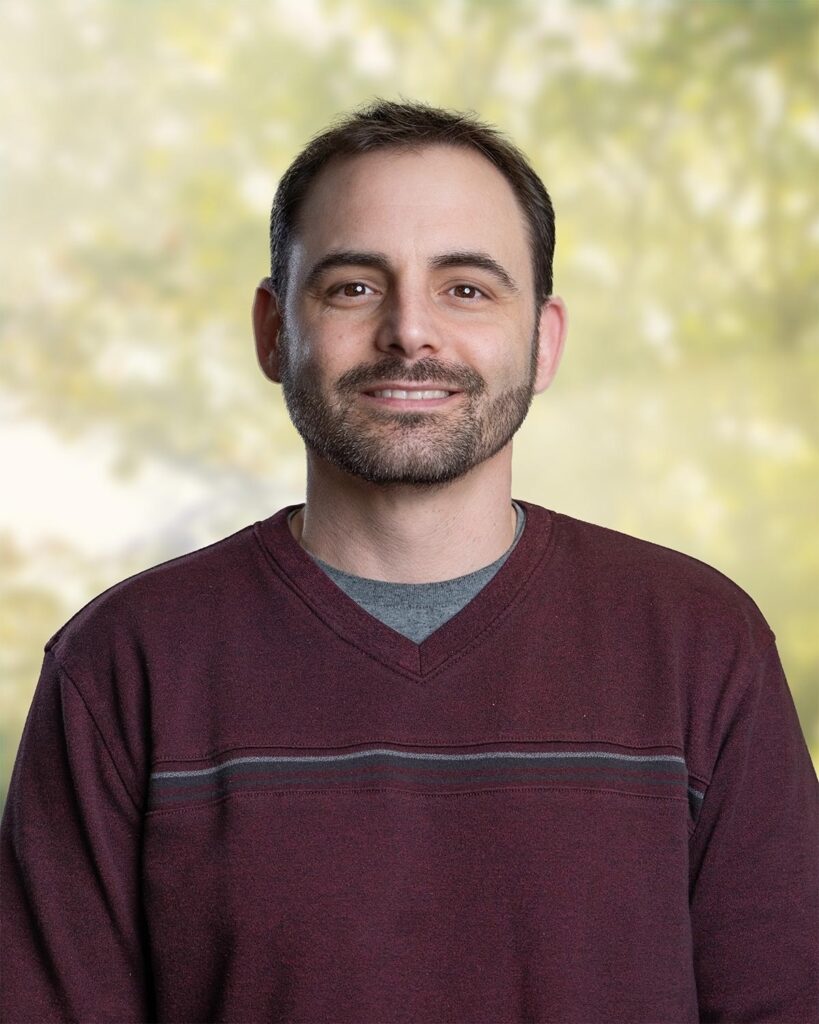Dealing with depression can feel overwhelming and isolating, but it’s important to know that you’re not alone, and that help is available. We provide compassionate, evidence-based treatments to support individuals in overcoming depression.
Our team of skilled professionals is dedicated to helping you navigate this journey with care and understanding. Whether you’re seeking depression treatment in Atlanta for yourself or a loved one, we are here to provide the guidance and tools needed for lasting recovery.
Understanding Depression
Depression is more than just feeling sad or having a bad day. It is a serious mental health condition that can affect every aspect of a person’s life, from how they think and feel to how they manage daily tasks. Depression can sap energy, motivation, and joy, making it difficult to enjoy the things that once brought happiness.
There are different types of depression, including major depressive disorder, persistent depressive disorder (dysthymia), and seasonal affective disorder (SAD), each with its own unique set of symptoms and challenges. However, no matter the type, depression can be debilitating if left untreated. That’s why it’s so important to seek professional depression treatment and begin the journey toward healing.

Symptoms and Causes
Depression can manifest in many ways, and symptoms can vary from person to person. Common signs of depression include:
- Persistent sadness or emptiness
- Loss of interest in activities once enjoyed
- Fatigue or low-energy
- Difficulty concentrating or making decisions
- Sleep disturbances (insomnia or oversleeping)
- Feelings of worthlessness or guilt
- Changes in appetite or weight
- Thoughts of death or suicide
- Shame about ones identity
The causes of depression are complex and often involve a combination of genetic, biological, environmental, and psychological factors. Life events, such as trauma, the loss of a loved one, or chronic stress, can also trigger or exacerbate depression. In many cases, it’s a mix of these factors that lead to the development of the condition. Fortunately, with the right support and depression treatment, recovery is possible.
Depression in the US
Depression is a widespread issue, affecting millions of people globally. According to the World Health Organization, an estimated 280 million people worldwide experienced depression in 2019, with approximately 5% of adults affected. Notably, women are more likely to suffer from depression than men, and over 10% of pregnant and postpartum women experience depression. Many people grapple with depression, and our goal is to provide comprehensive depression treatment in Atlanta to help those in need manage and overcome this condition.
The Importance of Seeking Help
Untreated depression can have a significant impact on a person’s overall well-being, relationships, and quality of life. Depression often interferes with work, school, and social life, and it can lead to other health problems, including anxiety, substance abuse, and physical illnesses.
One of the most critical steps in managing depression is recognizing when it’s time to seek professional help. If you or someone you care about has been experiencing symptoms of depression for more than two weeks, it’s essential to reach out to a mental health professional. Early intervention through depression treatment can prevent symptoms from worsening and set the foundation for recovery.

Evidence-Based Therapies
We utilize a range of evidence-based therapies to treat depression. These therapies are grounded in research and have proven effective in helping individuals manage symptoms and improve their quality of life.
Cognitive-behavioral Therapy (CBT)
CBT is one of the most widely used treatments for depression. It focuses on helping individuals identify and change negative thought patterns that contribute to their feelings of hopelessness and sadness. By challenging and reframing these thoughts, individuals can develop healthier perspectives and coping strategies. In our depression program, CBT is often used as a foundational therapy to help individuals regain control over their mental health.
Medication Management
For many individuals, antidepressant medications can be a vital part of depression treatment in Atlanta. Medication management involves working with a psychiatrist or healthcare provider to find the right medication and dosage that alleviates depression symptoms. While medications don’t cure depression, they can help regulate brain chemistry and provide the stability needed to engage more fully in therapy and daily life.
Dialectical Behavior Therapy (DBT)
DBT, originally developed for borderline personality disorder, is also beneficial for treating depression, particularly when emotions are intense or difficult to manage. DBT combines cognitive-behavioral techniques with mindfulness practices to help individuals regulate their emotions, improve interpersonal skills, and increase distress tolerance. This therapy can be particularly helpful for individuals whose depression is accompanied by emotional dysregulation.
Eye Movement Desensitization and Reprocessing (EMDR)
EMDR is often associated with trauma treatment, but it can also be effective for individuals whose depression is linked to past traumatic experiences. By processing trauma through guided eye movements, individuals can reduce the emotional distress associated with painful memories, which can, in turn, alleviate depression symptoms.
Experiential Therapies
In addition to traditional therapies, We offers a variety of experiential therapies that can complement depression treatment in Atlanta. These therapies are designed to engage individuals on a physical, emotional, and creative level, helping them connect with themselves and others in meaningful ways. Some of the experiential therapies we offer include:
- Art therapy
- Sound bath
- Guided meditation
- Breathwork
- Hiking
- Golf
- Yoga: Regular practice can improve mood and overall well-being.
- Loved One’s Day: This initiative provides education and support for both clients and their families, fostering a supportive environment crucial for recovery.

Importance of Support Systems
One of the most critical aspects of overcoming depression is having a strong support system. Family and friends play a significant role in recovery by providing emotional support, encouragement, and understanding. We emphasize the importance of involving loved ones in the treatment process through initiatives like Loved Ones Day.
On this special day, clients can invite family members to participate in educational sessions focused on mental health and substance addiction. This helps families better understand the challenges their loved ones face and learn how to provide effective support.
In addition to family and friends, community resources and support groups can be invaluable. Connecting with others who have experienced similar struggles can reduce feelings of isolation and offer new perspectives on managing depression.
Consider Doing Self-Care Strategies
Incorporating self-care strategies into your daily routine is a powerful way to complement formal depression treatment. Self-care can take many forms, from physical activity and healthy eating to mindfulness practices and setting boundaries. Establishing a consistent routine that includes regular exercise, sufficient sleep, and activities that bring joy can have a profound impact on mental health.
Mindfulness practices, such as meditation and breathwork, can help individuals stay grounded in the present moment and manage stress more effectively. We encourage clients to explore these practices as part of their broader self-care strategy.

Experience Our Compassionate Care for Depression Treatment in Atlanta
We understand that depression can feel like an impossible challenge. However, with the right support and treatment, recovery is possible. Our team is here to walk alongside you on your journey to healing, providing the tools and resources you need to manage your depression and reclaim your life. If you’re ready to take the first step toward recovery, our compassionate team is here to help.
Contact us today to learn more about our depression treatment in Atlanta and how we can support you on your path to wellness.



